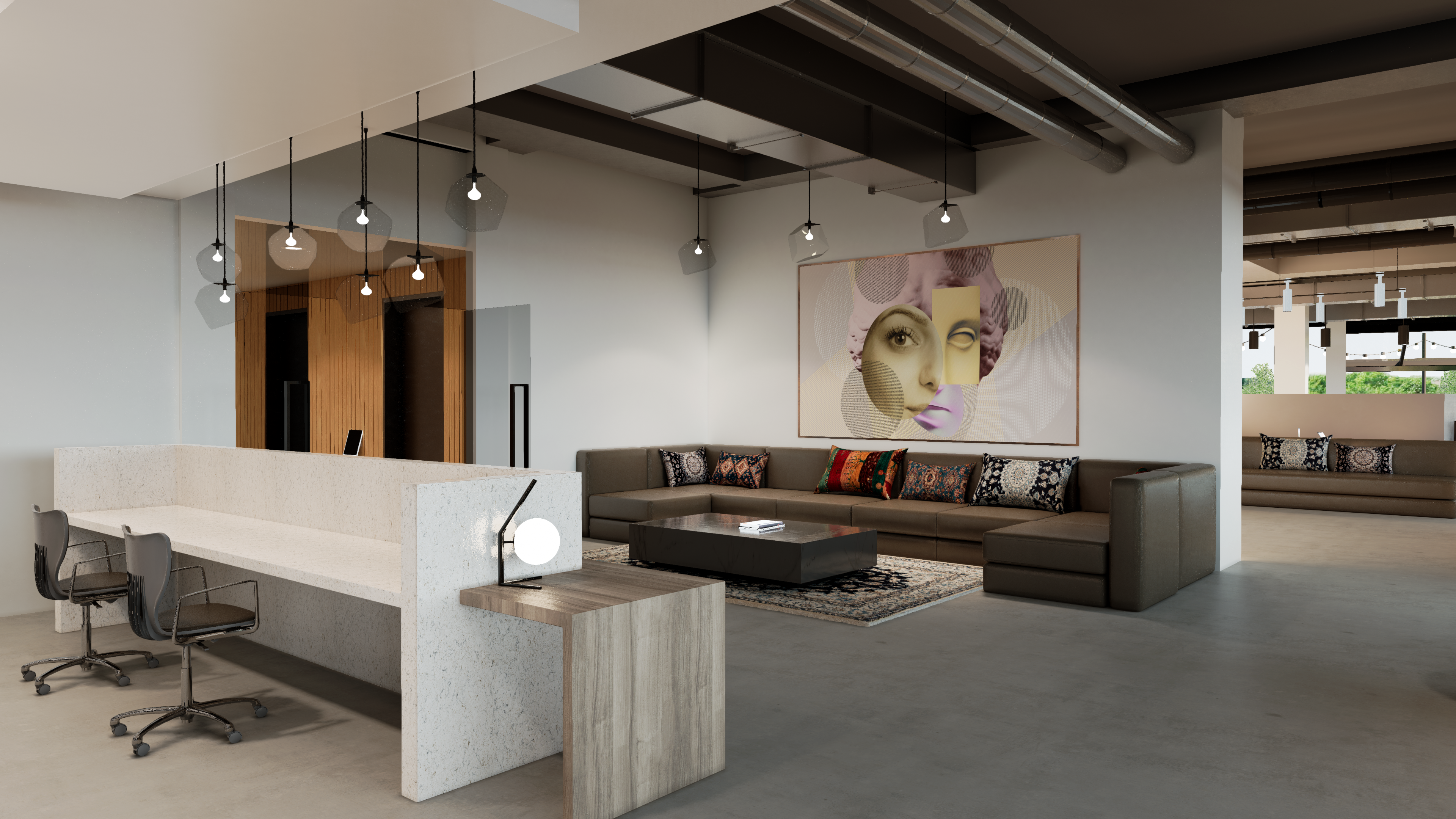Ways to Connect Clients to Virtual Reality
Increasing Virtual Reality can help satisfy Clients
Virtual reality (VR) is more than just an immersive concept; it is a technology that is revolutionizing industries and how businesses interact with their customers. VR offers multiple opportunities to connect with clients and generate memorable encounters, from immersive marketing experiences to interactive training. Look at a few effective ways of connecting clients to virtual reality to enhance the knowledge on your next business deal.
VR can create immersive and engaging experiences for clients, allowing them to try products, explore virtual worlds, and learn about new services in a way that is not possible with traditional marketing methods. This can lead to increased customer engagement, satisfaction, and loyalty.
Think about whether the agency collaborates with a rendering firm like Outer Realm. This enables quick and simple business. Consider a California client looking for office space in New York as an example. The client will then make a request to be contacted by you. Which should be a simple process to view any preferred office space.
Auburn Project
This allows the client to have a fly through tour that shows 360 angles of the entire space from wherever. Exploring ideas of property, you will be stepping into without worrying about a single issue. Helping with saving time and money on both ends.
Are there benefits of using VR for businesses and clients?
VR offers unique benefits for businesses and clients, including enhanced customer experience, improved training, increased employee productivity, reduced costs, and new business opportunities. By providing clients with immersive and engaging experiences, VR can help businesses to build stronger relationships with their customers and create more satisfied clients. Overall, VR is a rapidly evolving technology with the potential to revolutionize the way businesses operate and interact with their clients.
First is learning the way to help connect with a client
Product tours
Enhancing product presentations are one of the most effective ways to engage customers while using VR. Instead of static photos or videos, VR allows customers to virtually engage with the proposition. Whether you’re displaying a new technology or a piece of real estate, VR can provide clients a hands-on experience that will help them make informed decisions.
Virtual property tours are becoming increasingly popular in the real estate and hospitality industries. From the comfort of their own homes, clients can take virtual tours of homes, hotels, or office space. This not only saves time but also allows clients to thoroughly investigate every aspect of a property, boosting their decision-making process.
Enhancing knowledge with training
Businesses can employ virtual reality to train and educate their customers. Healthcare providers, for example, can replicate difficult medical procedures, helping clients to better comprehend treatment options. Similarly, businesses might provide virtual training courses to ensure that customers completely understand their products or services. Alongside customer comprehension, first employees are getting properly trained to best service the new technology.
Immersive Marketing Campaigns
Marketing is all about attracting the interest of the audience, and VR excels at this. Create immersive marketing campaigns that immerse customers in the world of your brand. A tourism firm, for example, can provide VR experiences of foreign destinations, whereas a fashion company can allow customers to digitally “try on” garments. With this they give customers the idea of choosing multiple items without physically purchasing anything with a risk of sales return.
Virtual Events and Collaborative Workshops
With the development of remote work and digital events, virtual reality (VR) has the potential to be a game changer for conducting virtual events and trade exhibits. Businesses can connect with their customers in a shared virtual arena, allowing for networking, product debuts, and interactive presentations. VR can help to speed up the prototyping and testing phases of product development. Create virtual prototypes and solicit feedback from clients. This guarantees that the final product fulfills their requirements and expectations.
Having VR as a tool allows for cooperation as well as two-way communication. Organize collaborative VR workshops or brainstorming sessions for your clients. This is particularly valuable in the design industry, as clients can actively engage in the creative process. Especially since VR workshops are an excellent source of inspiration and innovation. You can quickly bring your ideas to life by using 3D assets and interactivity. And you don’t have to be a designer or a developer! VR workshops can be held remotely or in person left to the preference of each.
Virtual Reality Customer Service
Consider adopting virtual reality (VR) for customer service encounters. Clients can communicate with virtual agents for information, problems, and guidance. VR can facilitate remote assistance and consultations for businesses that offer technical products or services. Clients can share their environment through VR, allowing support staff to detect problems and deliver solutions more efficiently.
With customer service being held through VR, companies like H&R Block used the tool to help with training employees into having more efficient soft skills. Most importantly when dealing with upset customers around the holidays, H&R Block let employees virtually explore new ways of dealing with “angry” customers without ruining any real relationships. Statistics from the company also saw a 50% decrease in dissatisfied customers, a 9.9% decrease in customer handling times, and significantly faster issue resolution times among the representatives who completed the program. Implementing training can make a huge difference no matter the technology being used when it comes to any organization.
Connecting it to the client
Incorporating virtual reality into your customer interaction strategy can help your company stand out from the crowd. The opportunities for client involvement are endless as VR technology evolves. Putting up with the newest VR innovations to have your company excelling can take some time. Using most of this tool can occur when including all that VR has to offer including creating immersive product tours, training simulations, marketing campaigns, virtual events, collaborative workshops, and customer service experiences. As VR technology continues to evolve, there are endless opportunities for businesses to use VR to connect with their clients in new and innovative ways.
Ready to Showcase 360 Virtual Tours into Your Real Estate Marketing?
Contact Us Now or Call Us at (212) 655-4626.


